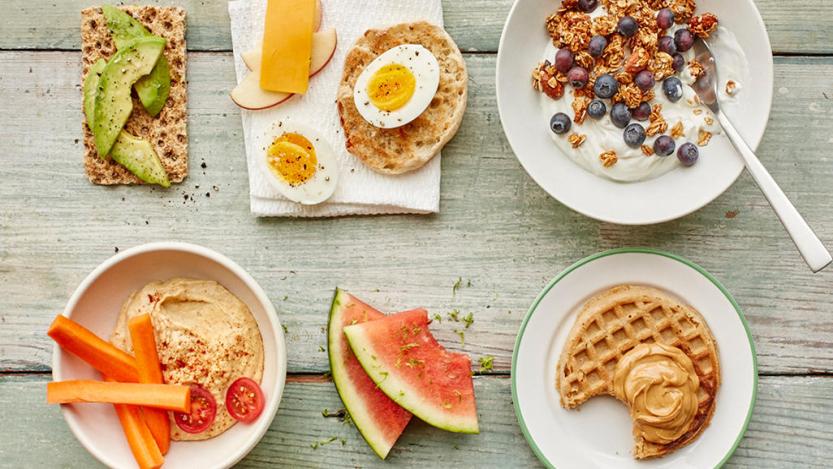Taking in vitamins is very essential during pregnancy. This is because the food that you eat may not be enough for your baby’s development. Along with the popularity of herbal medicines and supplements, many pregnant women prefer to take herbs as they may have been used to taking them even before they got pregnant.
Others take herbs not only as food supplement but also as medication to the difficulties that they may be experiencing. However, you should bear in mind that some herbs and food additives can be dangerous to you and your baby. Some of these are as follows:
1. Quinine – This is usually an additive to tonic water, which makes its taste slightly bitter. There had been a case where a woman gave birth to a baby who suffered from withdrawal symptoms.
The mother had been drinking more than one liter of tonic water per day when she was pregnant. The baby had nervous tremors when he was born but disappeared after two months. Experts recommend that drinks containing quinine should be avoided by pregnant women.
2. Ginseng – Researchers conducted a study on the effect of ginseng to the development of fetus in rats. Results of the study showed that the development of the rat embryo was greatly affected by the intake of ginseng. The higher the dose, the greater the abnormalities were found out.
Although the study was applied on rats, the effects can be similar to humans. The study only focused on the effects of one of the many active constituents of ginseng, which is the Rb1, a ginsenoside. Ginseng has more than 20 ginsenoside and results of studies conducted showed different effects on the fetus.
The fact that the individual constituents of ginseng have bad effects on the fetus means that this should be taken as a precaution for pregnant women. The researchers of the study suggest that ginseng extract should be avoided throughout the entire pregnancy.
The study, however, does not guarantee the overall effect of the whole herbal product as it only focused on the effect for each constituent. It may have different effects when these constituents are put together. Hence, ginseng extract should not be branded as dangerous, unless further studies on the effect of the whole product show dangerous results.
3. Ginkgo Biloba – One of the constituents of this supplement called colchicines, which is an alkaloid was found in the placenta of women who had been drinking this supplement. Research shows that colchicine is harmful to a growing fetus.
This constituent can build up in the womb if ginkgo biloba is being taken regularly while pregnant. However, the study only focused on the effect of colchicine and no studies have been conducted that show complications in pregnancy as related to intake of the ginkgo supplement.









